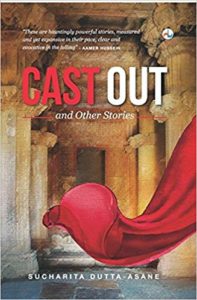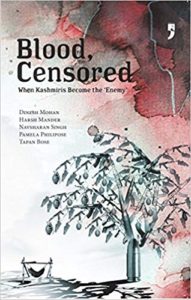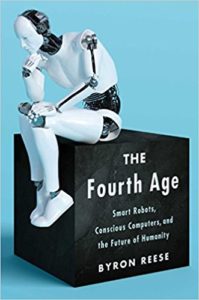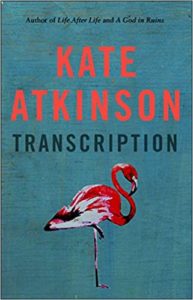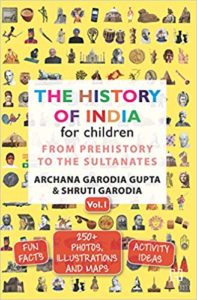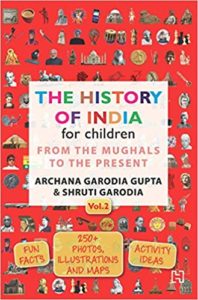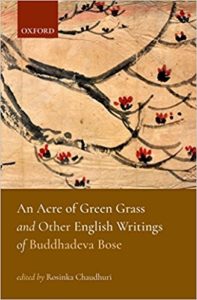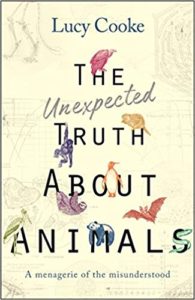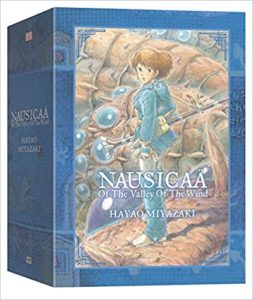Dom Moraes “Gone Away: An Indian Journal”
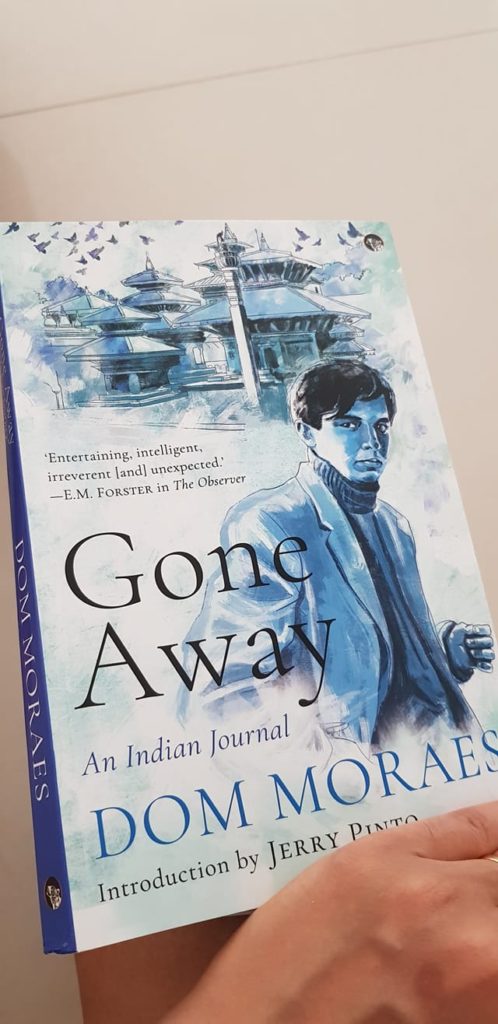
Much of Dom Moraes’s literary output is being made available by Speaking Tiger Books in collaboration with the writer’s literary estate whose executor is Sarayu Ahuja. As a result in recent years, a number of books by Moraes that were not easily available have been republished as affordable editions. A fabulous initiative to resurrect the writings of a prolific poet, writer, traveller and memorist.
“Gone Away” is part of the trilogy of autobiographies written by Dom Moraes. The publishers prefer to describe it as an “unconventional travelogue”. Whatever the descriptor used, this is a book not easily classified. Suffice it to say it is a fabulous testimony of a young man recently returned to India from Oxbridge. Moraes spends three months wandering the subcontinent for a large part accompanied by writer Ved Mehta. These three months prove to be significant in the history of the region. Moraes interviews the first prime minister of India, Jawaharlal Nehru; he meets the young Dalai Lama who was still unable to speak fluent English as he does now but his signature laugh was memorable even then for Moraes to remark upon it; he visits Nepal and stays in the Rana’s palace where wild Himalayan bears roam the corridors much to the horror of Ved Mehta and Dom Moraes:
***
We sank into a sofa and the servants disappeared. We heard voices in the distance
‘I expect someone will come for us,’ I said.
At this point I became aware of an enormous Himalayan bear crouched next to the sofa. It glowered at me. I gasped.
‘Now what is it?’
‘There is a bear next to us. It must,’ I added, groping for common sense, ‘be stuffed.’
‘Honestly, Dommie, I know you have a fantasy life, but what do you think? Have you ever known anybody who kept a live bear in their drawing room?’
‘I only wondered,’ I was beginning lamely, when the bear rose, snarled at us, and shambled loosely out through the farther door.
( Later while exchanging pleasantries with their host’s wife, the general’s wife, the Rani with a soft, calming, dreaming voice, Moraes thought it prudent to mention the bear. )
…I even forgot the bear for a few minutes. Then I felt I should mention it.
‘There was a bear here a few minutes ago,’ I said, feeling idiotic.
‘Ah yes,’ said the Rani family. ‘Which bear?’
‘You have several?’
‘Oh yes. That is one thing you must be careful about: don’t go out at night; they don’t see very well in the dark, and they might not know you were guests.’
****
Another memorable incident, gut wrenching in fact, was the meeting arranged for Ved Mehta and Dom Moraes to meet the famous Nepali poet, Devkota, who was dying from cancer. The locals had a ritual that when a person was dying, he would be taken to the Pashupatinath Temple ghats, on the banks of the river Basumati, where the person would breathe his last. The account of three prominent and young writers of the subcontinent under these strange circumstances is very, very moving. Devkota was only 49. Even on his deathbed, Devkota’s hands were turning cold as was his forehead, covered by a dirty bed sheet that would later serve as his shroud, was pleased to meet the two writers. Moraes and Devkota were able to briefly converse about poetry, the merits of translation and recite some poetry.
***
‘The face that we saw was a mask, with thick dark hair drooping dryly above. Beneath the hair was a fine forehead, with large eyes that opened a little to look at us. Below the eyes the face had fallen in: the cheeks like craters, the lips sunken and wrinkled like a very old man’s. But from under the dirty sheet two long hands projected from stalklike, sand-coloured arms, crept slowly together, and made the namaskar.
…
One thin hand groped painfully over the mattress towards us.
I grasped the hand in both mine and squeezed it. It was very cold and dry. There was a long pause. Then the mouth unpuckered from its creases of pain. Very slowly, groping and whistling, it said: ‘Cosmic conflagration …’
The poets chatted some more before Dom Moraes closed the conversation by reciting Edna St Vincent Millay’s ‘For Any Dying Poet’:
Time cannot pluck the bird’s wing from the bird.
Bird and wing together
Go down, one feather.
No thing that ever flew,
Not the lark, not you,
Can die as others do
****
There are many more accounts in the book of Dom Moraes meeting prominent diplomats, politicians, writers and artists such as Malcolm MacDonald, Jayaprakash Narayan, Han Suyin, M F Hussain, Nirad Chaudhuri, Kishen Khanna, Buddhadeva Bose, Jamini Roy et al. Moraes also managed to reach Sikkim when the Chinese were closing in on the border. There is so much of rhe subcontinent’s socio-cultural history to soak up. The historical incidents and famous people are easily recalled from textbooks but to read this first hand experience is something special.
Do read.
2 August 2020

